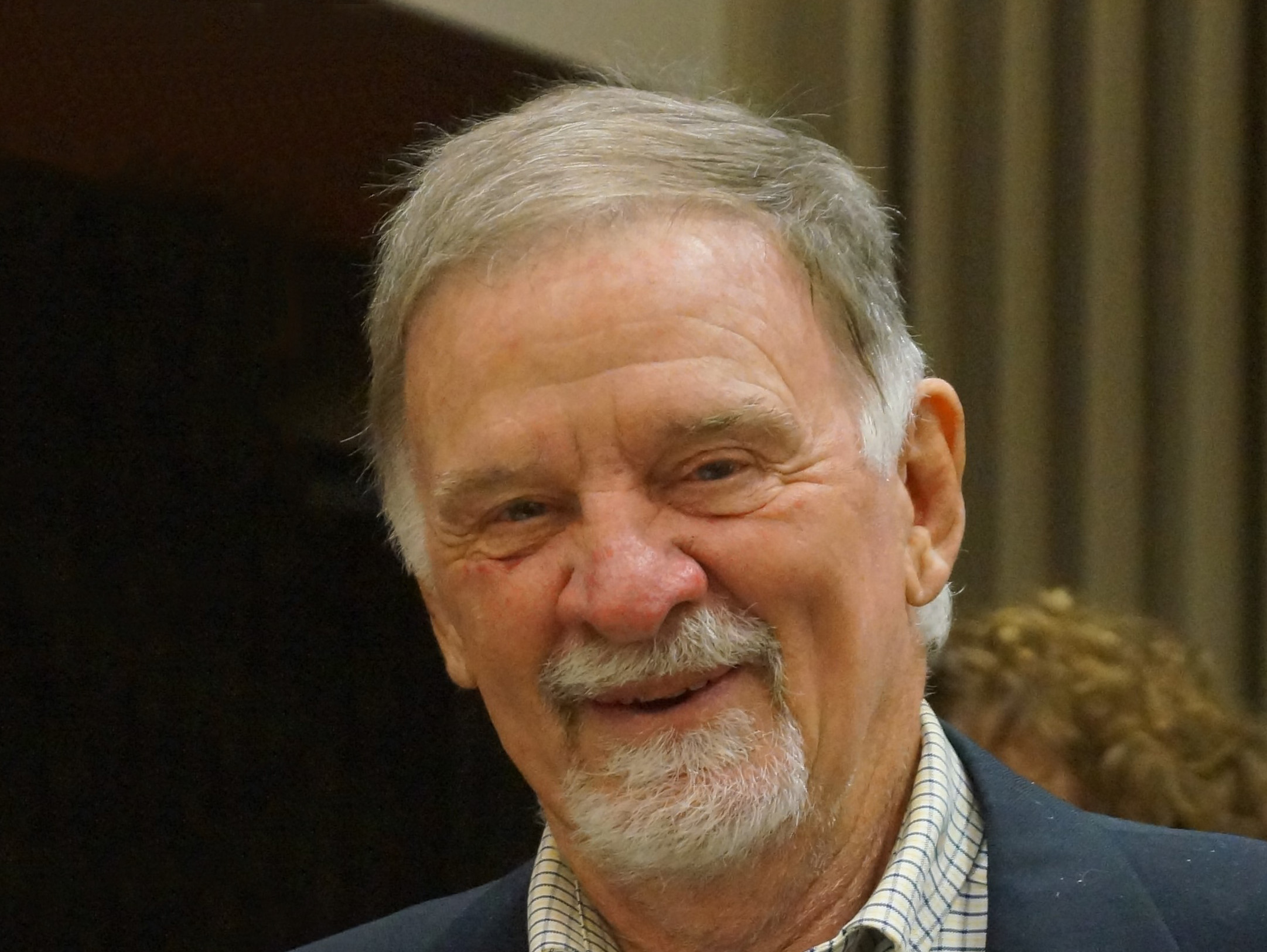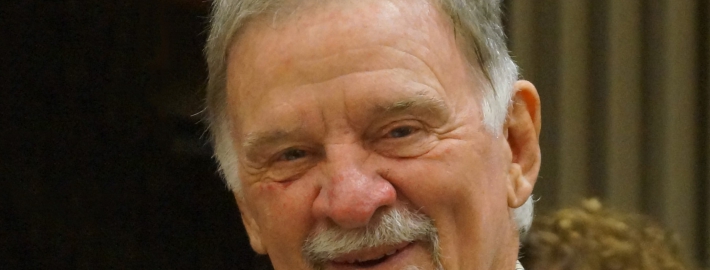In memoriam: Gary Nash, 88, influential scholar of early American history
By Sean Brenner

Gary Nash
Gary Nash, a prolific historian of early America and a member of UCLA’s history department for more than 50 years, died July 29. He was 88.
Nash’s most celebrated work was “The Urban Crucible: Social Change, Political Consciousness and the Origins of the American Revolution” (1979), which highlighted the importance of non-elites in bringing about American independence. The book, which became a finalist for the Pulitzer Prize, reflected Nash’s view that U.S. history was shaped by the struggles of ordinary people trying to better themselves.
“He was undeniably one of UCLA’s greatest treasures and ranks among the most prolific and brilliant historians of any generation,” said UCLA distinguished professor Robin D. G. Kelley, who holds an endowed chair established in 2008 in Nash’s name. “He never wrote for the guild — professional historians — but for readers everywhere. But he knew that being a public intellectual was not a popularity contest measured by book sales; it meant being unpopular, confronting power without concern for the consequences.”
In 1997, three years after he retired from UCLA with the title of distinguished research professor, he was elected to the American Academy of Arts and Sciences. Over the past two decades, he continued to support students and junior colleagues across the country and to produce new scholarship.
“Writings of Warner Mifflin: Forgotten Quaker Abolitionist of the Revolutionary Era,” co-authored with Michael McDowell, was published this summer, and his last manuscript, “Our Beloved Friend: The Life and Writings of Anne Emlen Mifflin,” co-authored with Emily Teipe, was recently completed. At the time of his death, he was collaborating with co-authors Clayborne Carson and Emma Lapsansky-Werner on revisions to their 2007 book “Struggle for Freedom: A History of African Americans.”
Nash, who earned UCLA’s Distinguished Teaching Award in 1990, inspired generations of students. One, Carla Pestana, who earned her doctorate under Nash’s guidance in 1987, now heads UCLA’s history department and is the university’s Joyce Appleby Professor of America in the World.
Another, Damion Thomas, is the sports curator at the Smithsonian’s National Museum of African American History and Culture. Thomas earned bachelor’s and master’s degrees at UCLA in the 1990s and his doctorate in 2002, and the first course he took at UCLA was taught by Nash. Thomas was engrossed from the opening lecture.
“Fifteen minutes into the class, he said, ‘Whoever controls the present will use their power to control the past in hopes of controlling the future,’” Thomas said. “In that one sentence, I began to learn two life-changing ideas. The first is that history is about power — power to define what matters and why it matters. The second thing is that history is actually not about the past; history is about the future. Because if you can control what people think about the past, you can influence what they believe is possible.
“I learned that in Professor Nash’s class, and from that point, I wanted to be a historian.”
Born July 27, 1933, in Philadelphia, Nash earned his undergraduate degree at Princeton University before serving in the Navy for three years. (He continued his military service as a member of the Navy Reserve from 1958 through 1965.) Upon completing his doctorate at Princeton in 1964, he taught briefly there before coming to UCLA in 1966.
Among his most notable books was “Red, White, and Black: The Peoples of Early America” (1974), a survey of early American history that reshaped historians’ approach to the American past. In addition to “Struggle for Freedom,” which he co-authored, his books on African American history included “Forging Freedom: The Formation of Philadelphia’s Black Community, 1720–1840” (1988) and “The Forgotten Fifth: African Americans in the Age of Revolution” (2006).
Kelley said Nash — as a citizen and as a teacher — responded emphatically throughout his career to the changing societal landscape.
After Los Angeles’ 1965 Watts Rebellion, Nash helped support groups like Operation Bootstrap, which promoted Black entrepreneurship and community-based economic cooperation in South Los Angeles. He introduced a UCLA course called Racial Attitudes in America as a direct response to the rebellion.
“He published 33 books throughout his career,” Kelley said. “But I would say the life he lived as an anti-racist activist, teacher, scholar and public intellectual should be recognized as his 34th.”
Nash’s leadership positions at UCLA included serving as dean of undergraduate and intercollege curricular development and as dean of the council on educational development. He also founded the National Center for History in the Schools at UCLA, through which he worked with the National Council for History Standards to create history teaching standards with funding from the National Endowment for the Humanities and the Department of Education.
His expertise on teaching standards kept him engaged in the contentious national debate over how history is taught in K–12 schools. Pestana said historians have routinely expressed gratitude for Nash’s efforts on behalf of the discipline of history specifically and of education in general.
Nash spoke on the subject on the Economist’s “Checks and Balances” podcast in July.
“[Teachers] know you’re not going to have a very interesting, productive and useful history class if you exclude anything which would make any child uncomfortable or that would lead to any division of opinion,” he said. “In a liberal democracy, we want a division of opinion, for young people to grow up learning to express themselves, argue about [history, and] think hard about it. Patriotism is not just saluting the flag. It’s becoming responsible citizens who will take an active role in what’s going on around them.”
Nash is survived by his wife of 40 years, Cindy Shelton; his children, Brooke, Robin, Jennifer and David; and nine grandchildren.
This article originally appeared in the UCLA newsroom.




